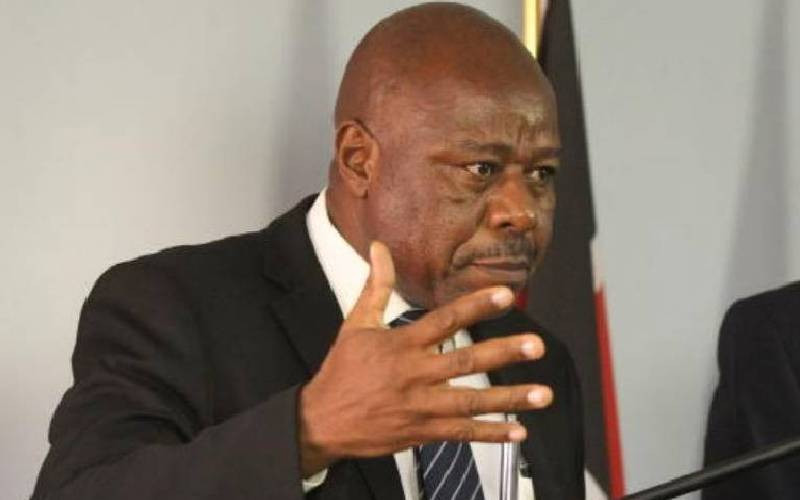×
The Standard e-Paper
Join Thousands Daily

Lawyers and journalists have dragged Edward Kisiang'ani, the Principal Secretary, State Department for Broadcasting and Telecommunications, to court for monopolising government advertisements.
The Law Society of Kenya (LSK), Kenya Editors Guild (KEG) and Kenya Union of Journalists (KUJ) have asked the High Court to quash the PS's decision.